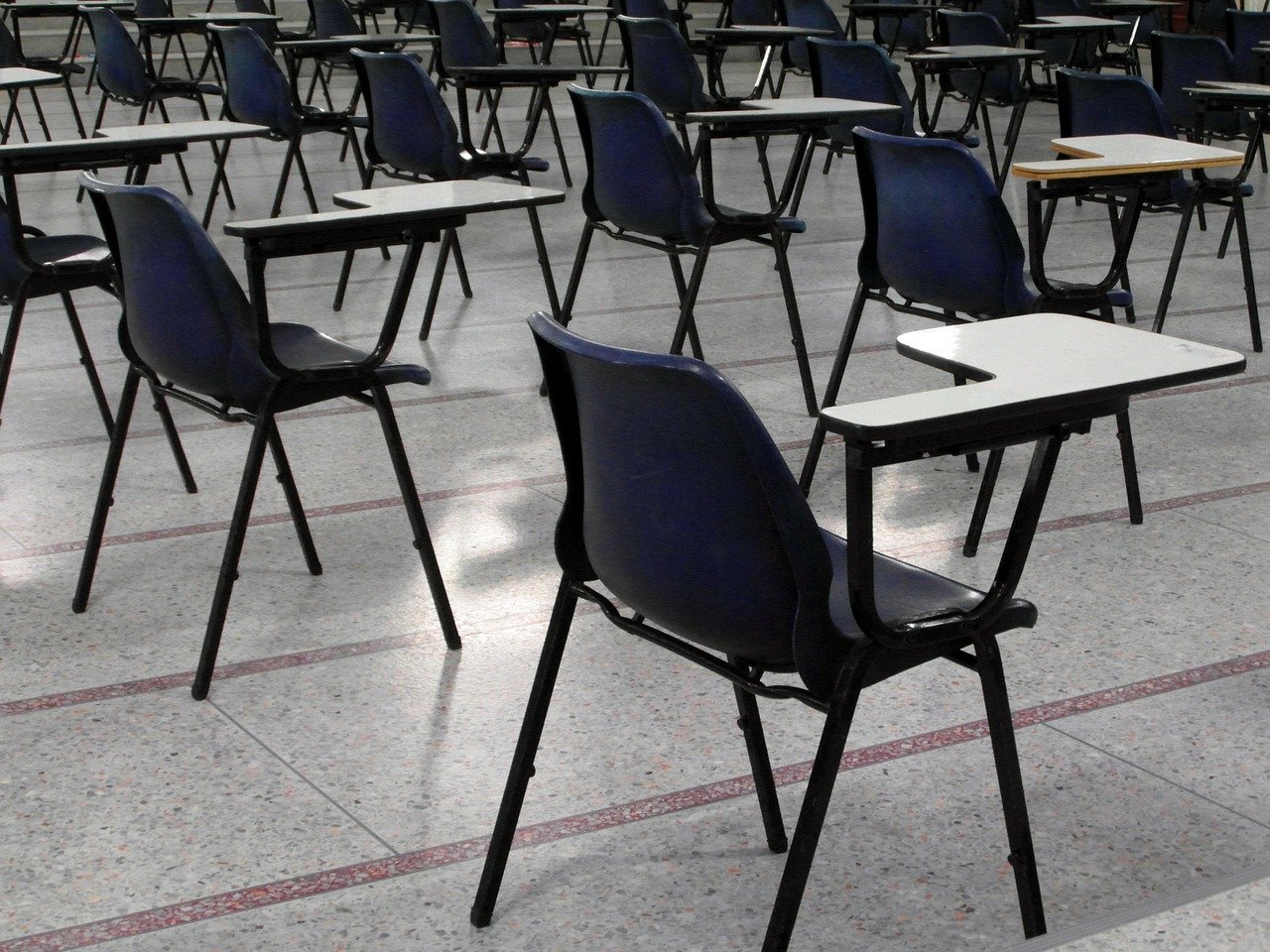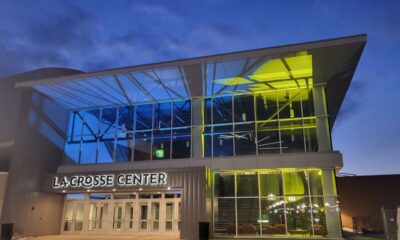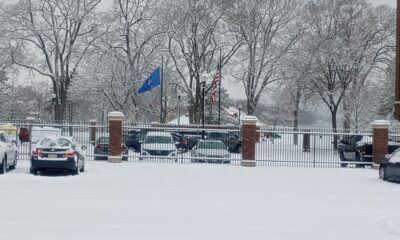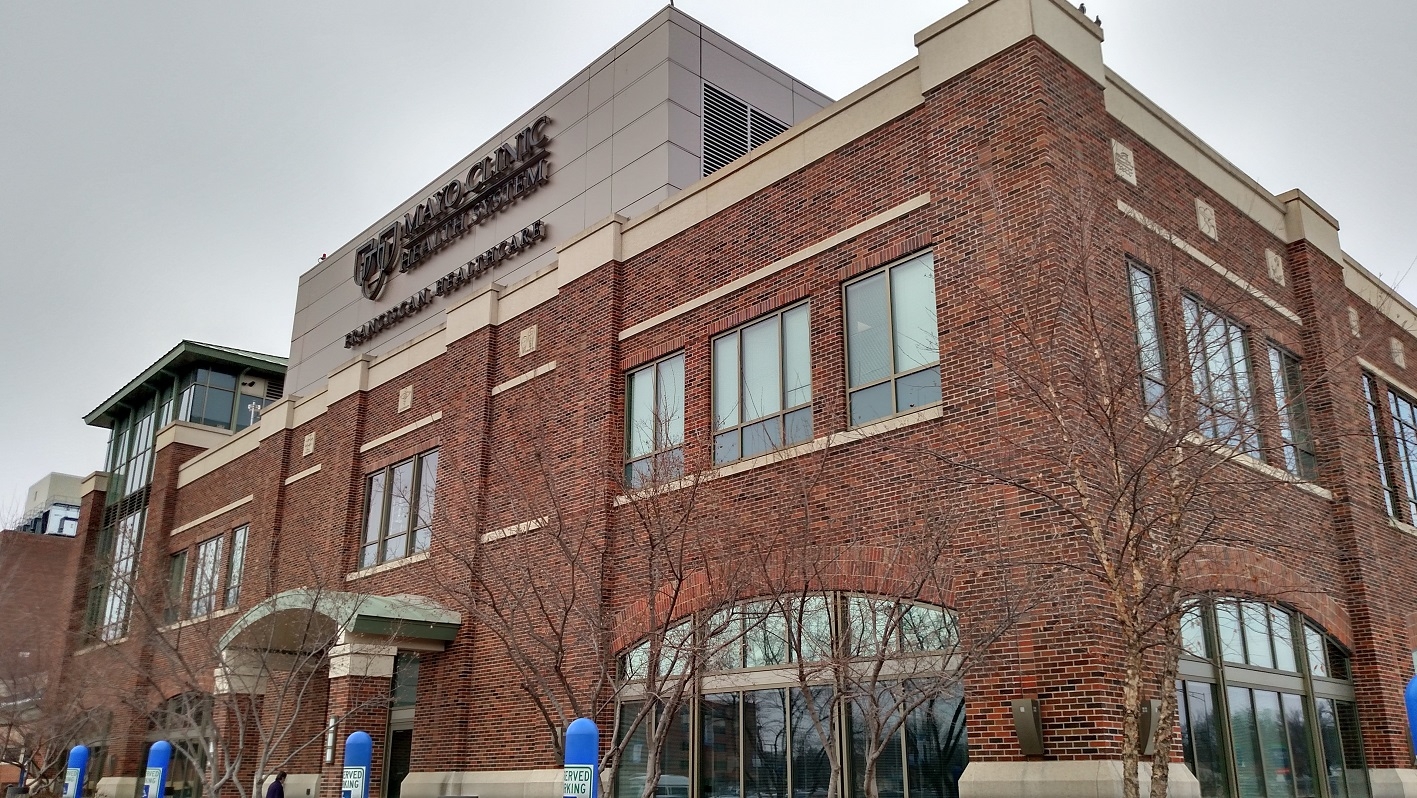Coronavirus
A deeper look at COVID-19, food insecurity, and vaccines

Taking a closer look at the ongoing impact of COVID-19 on schools along with pandemic-specific food insecurity, experts from across the nation gathered for a Healthier School Communities 2020 Virtual Forum.
Midwest Dairy, which represents 5,800 dairy farmers in the Midwest partnered with GENYOUth and The School Superintendents Association (AASA) to host the forum.
“The Healthier Schools Community Report really pushed back a lot of layers and made us realize that schools are really the epicenter of the community, and we say that they’re the largest restaurant in a community,” Julie Mattson Ostrow, Midwest Dairy Vice President, Dairy Experience, Wellness, said. “They feed so many people. With a pandemic, unfortunately, the number of food-insecure people has been increasing. Schools have stepped up.”
She noted that schools fed people year-round, which is not typical for most districts.
“They are on the front lines, and we felt it important to share their story to talk about some of those common issues with school officials and more importantly to be part of the solution,” Mattson Ostrow said.
School meal programs are important parts of student welfare, according to Mattson Ostrow. She said even pre-pandemic, there was a connection between mind, body, and spirit.
“A student who is well nourished just does better academically and emotionally,” she said. “Those stressors of adding food insecurity to it makes it even more challenging to do well, and then add virtual learning and all those other things. It is very challenging for families across the board. As a registered dietitian and a mom, my heart breaks when I hear about families that don’t have a place to turn.”
Mattson Ostrow said people in communities need to reach out if they need food assistance and should understand that their local schools can help.
Schools began adapting their meal programs very early in the pandemic using bus routes and other means to deliver food. Midwest Dairy helped with that effort by providing cooler bags and barrels to keep milk cold.
“Schools realized other kinds of needs they have. It wasn’t just the food or how to serve it. It is how to package it. Due to all of the concerns with COVID, they wanted food that was individually packaged. The workers had to have PPE just like in a hospital or long-term care facility for prepping food, so there were extra costs that nobody planned and budgeted for,” Mattson Ostrow said.
Midwest Dairy and GENYOUth came together to provide funds to schools in the Midwest so they could receive grants to help cover some of those costs.
“I think one of the big stories that came out of the forum is the big financial challenges coming out of the pandemic for services they didn’t expect with technology and food,” she said. “Things are tough, but schools are committed to kids.”
Joining the forum was Dr. Scott Gottlieb, former commissioner for the U.S. Food and Drug Administration. While there is optimism for the vaccines, he said they will likely have to be reformulated before they are widely available in children under 13.
“You might take a different dose into a younger child who will likely have a more robust immune response to the vaccine,” Gottlieb said. “It could be some time before you see the vaccine authorized broadly for younger kids.”
He noted it could become a required vaccine, but did not see that happening yet in the fall of 2021.
“That’s just my conjecture because I think they are going to want more clinical data before they make this a mandatory vaccine in children,” he said.
Currently, the vaccine is being prioritized to certain groups of people including health care workers and nursing home residents, but Gottlieb said it could be an open question as to how the vaccines are going to be prioritized beyond this initial month of distribution. He advocated to include school teachers as a high priority group.
“The truth of the matter is the incoming administration is going to be coming in at a time when probably the infections will have peaked and will be coming down on the other side of the epidemic curve,” Gottlieb said. “I think their focus should be on how to restore America and how to put COVID behind us. I think the first order of business needs to be trying to open schools for a sort of late winter and certainly some spring semester.”
As schools continue to navigate the pandemic, local administrations have been forced to think differently, which Mattson Ostrow saw as a silver lining.
“When it comes to their health disparities and finding health resources for students, we can deliver things differently and provide information,” she said. “We’re not out of the woods yet, but I’m grateful for all of the doctors, scientists, or other folks who are stepping up and working on this together.”
The forum was a follow-up to a years-long partnership of Midwest Dairy, the National Dairy Council, and GENYOUth to better understand the impact that nutrition and wellness have on overall student learning and development and how the pandemic shed a different light on the important role that schools play when it comes to providing children with access to food. In addition to Dr. Gottlieb, speakers including GENYOUth CEO Alexis Glick, Midwest Dairy CEO Molly Pelzer, AASA Executive Director Dan Domenech, Executive Director of the Urban School Food Alliance Dr. Katie Wislcon, Administrator at Educational Service Unite #6 in Nebraska Dr. John Skretta, and CNN journalist Chris Cuomo.
Mattson Ostrow noted they plan to have another forum in the spring to take a closer look at the future of schools and school meal programs.






